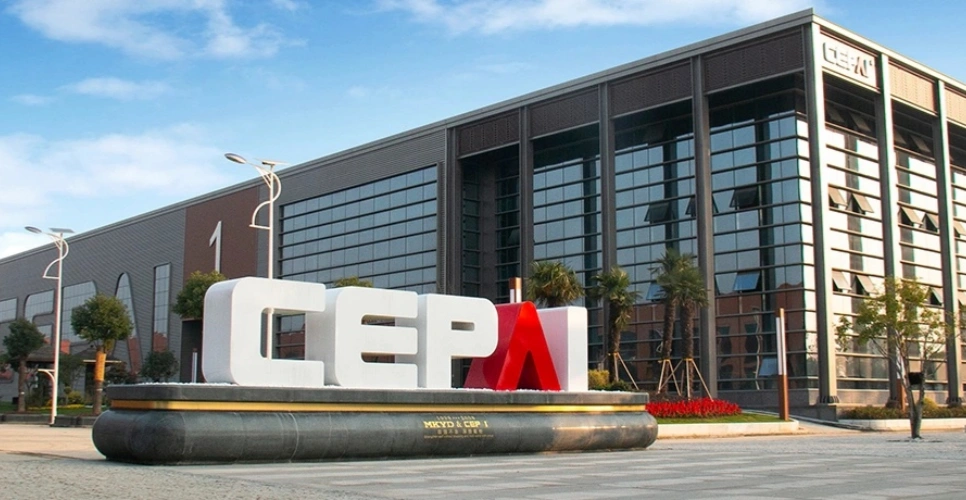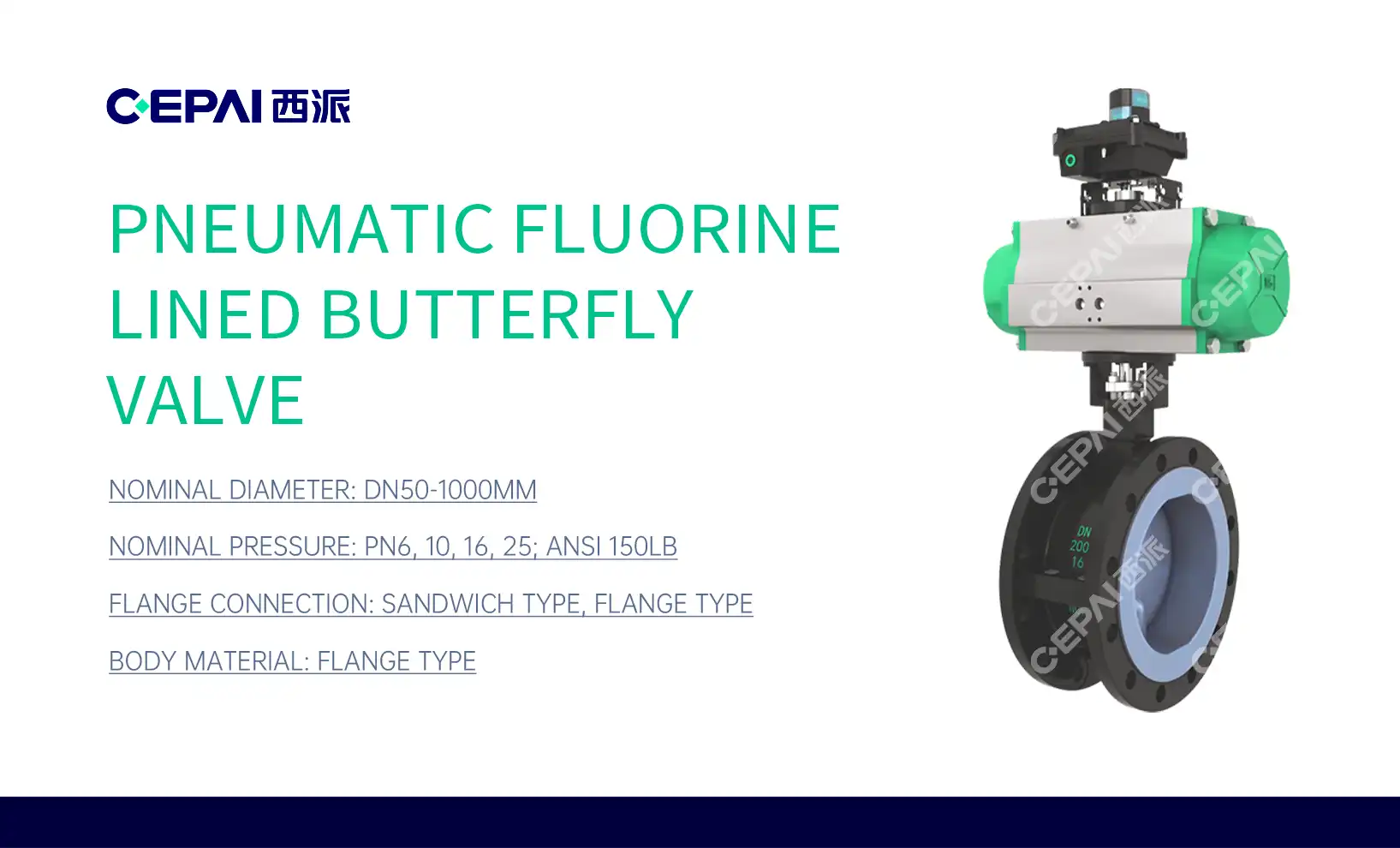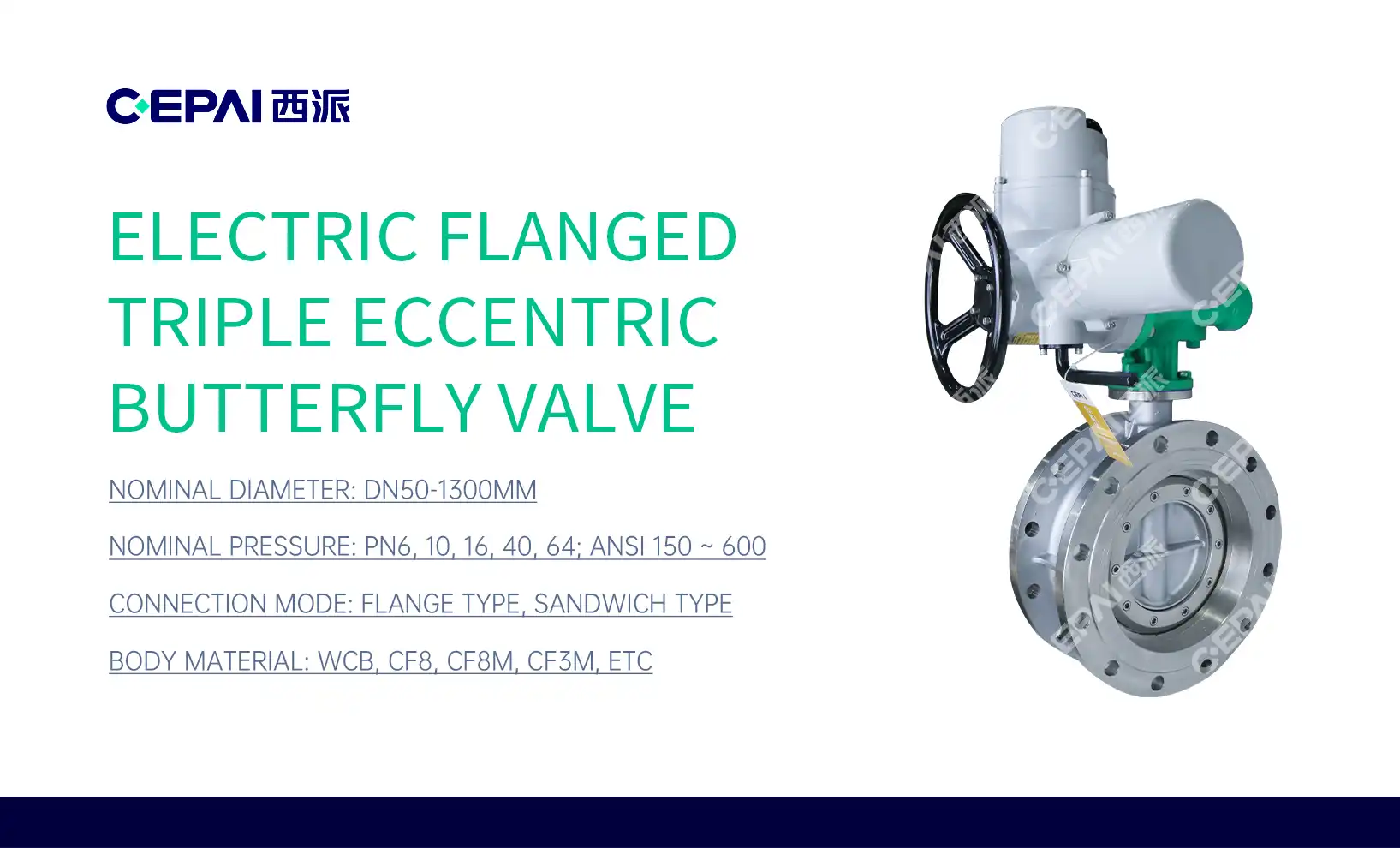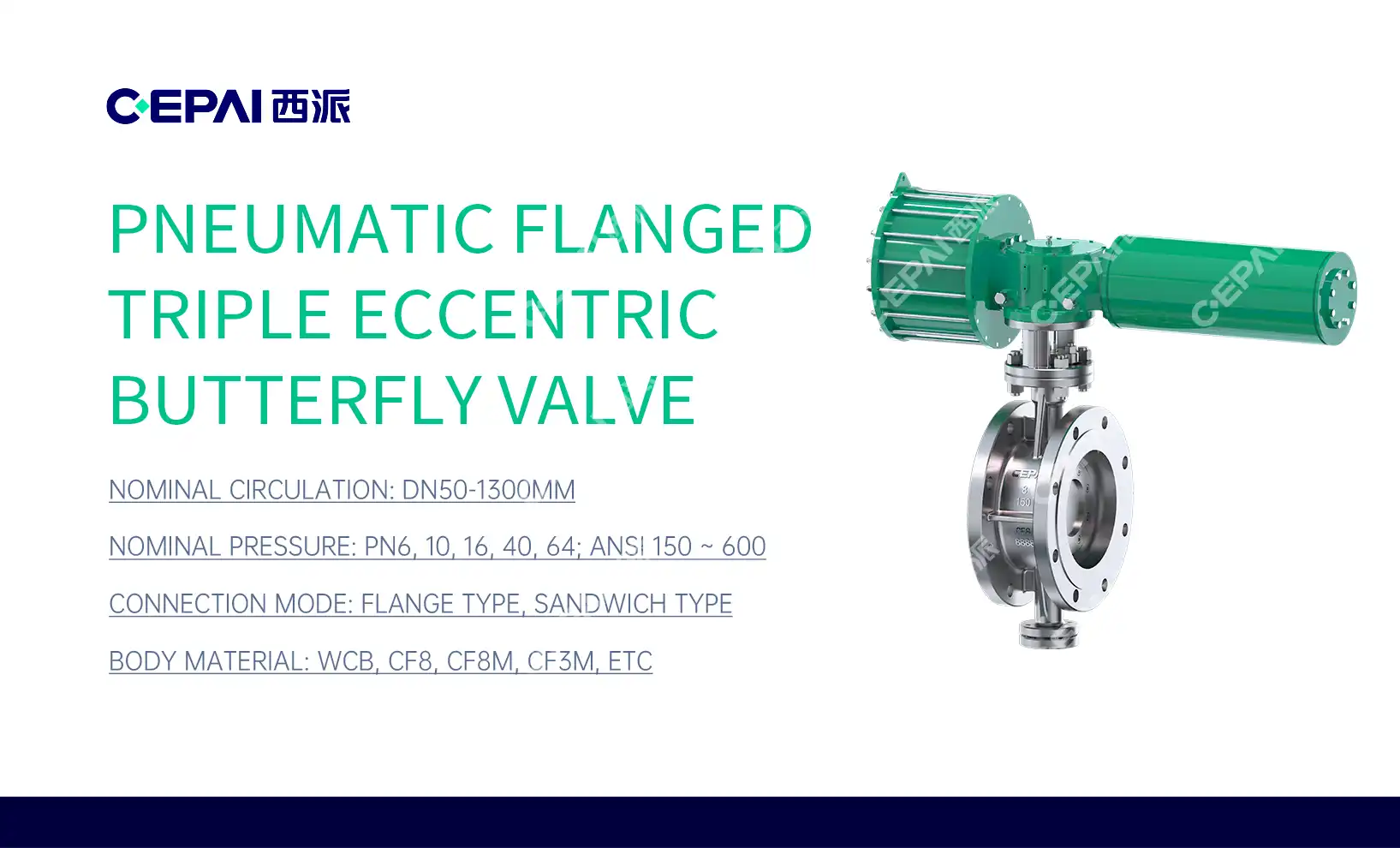Understanding the Importance of Custom Valve Solutions
Tailoring to Specific Industry Requirements
Custom valve solutions are not just a luxury; they're a necessity for many industries with unique operational demands. In the oil and gas sector, for instance, valves must withstand extreme pressures, temperatures, and corrosive substances. Standard off-the-shelf valves may not suffice in these harsh environments. Customized valves can be designed with specialized materials, coatings, and sealing technologies to ensure longevity and reliability under these challenging conditions.
Similarly, in the pharmaceutical industry, valves must meet stringent hygiene standards and be capable of handling sensitive materials without contamination. Custom solutions in this field might involve using specific grades of stainless steel, implementing special cleaning features, or designing valves that can be easily disassembled for thorough sanitization.
Enhancing Operational Efficiency
Bespoke valve solutions can significantly improve operational efficiency. By designing valves that are perfectly suited to the specific flow rates, pressures, and media characteristics of a particular process, industries can minimize energy losses, reduce maintenance requirements, and optimize overall system performance. For example, in the power generation industry, custom control valves can be engineered to provide precise flow regulation, enhancing the efficiency of turbines and contributing to increased power output.
Addressing Unique Design Challenges
Many industrial applications present unique design challenges that standard valves simply cannot address. In aerospace, for instance, weight is a critical factor. Custom valve solutions for this industry might focus on using lightweight materials without compromising strength or functionality. In nuclear power plants, valves must meet exceptionally high safety standards and withstand radiation exposure. Customized solutions in this context might involve specialized shielding or the use of radiation-resistant materials.
Key Considerations in Developing Custom Valve Solutions
Material Selection and Compatibility
One of the most critical aspects of custom valve design is selecting the right materials. This decision is influenced by factors such as the properties of the media being controlled, operating temperatures and pressures, and the presence of corrosive or abrasive substances. For instance, in seawater applications, materials resistant to saltwater corrosion like duplex stainless steel or nickel-aluminum bronze might be preferred. In contrast, valves for handling aggressive chemicals might require exotic alloys or even non-metallic materials like advanced polymers.
Compatibility extends beyond just the valve body. Seals, gaskets, and other components must also be carefully selected to ensure they can withstand the specific conditions of the application. This might involve using specialized elastomers for extreme temperatures or designing metal-to-metal seals for high-pressure scenarios.
Operational Parameters and Performance Requirements
Custom valve solutions must be designed with a deep understanding of the operational parameters they will encounter. This includes not just steady-state conditions but also transient events, startup and shutdown procedures, and potential emergency scenarios. Performance requirements such as flow characteristics, pressure drop, and response times need to be carefully considered and integrated into the design.
For example, in the oil and gas industry, subsea valves must be designed to operate reliably at great depths, withstanding enormous pressures and potentially corrosive environments. These valves might need to incorporate hydraulic or electric actuators capable of remote operation, as well as redundant sealing systems to ensure fail-safe operation.
Regulatory Compliance and Industry Standards
Custom valve solutions must adhere to a wide array of regulatory requirements and industry standards, which can vary significantly depending on the application and geographic location. In the United States, for instance, valves used in the oil and gas industry often need to comply with API (American Petroleum Institute) standards. In Europe, the Pressure Equipment Directive (PED) sets out essential safety requirements for pressure equipment.
Compliance isn't just about meeting minimum standards; it's about ensuring safety, reliability, and performance in critical applications. Custom valve designers must stay abreast of evolving regulations and incorporate compliance considerations from the earliest stages of the design process.
Innovative Technologies in Custom Valve Solutions
Smart Valve Technologies
The integration of smart technologies is revolutionizing custom valve solutions. Smart valves equipped with sensors and actuators can provide real-time data on valve position, flow rates, and operating conditions. This data can be invaluable for predictive maintenance, process optimization, and troubleshooting. In the chemical processing industry, for example, smart valves can help detect early signs of wear or potential leaks, allowing for proactive maintenance and minimizing the risk of costly shutdowns or environmental incidents.
Advanced control systems can also enable more sophisticated valve operations. Proportional control valves with precision actuators can provide extremely accurate flow regulation, essential in industries like food and beverage processing where precise ingredient ratios are crucial.
Advanced Manufacturing Techniques
Cutting-edge manufacturing technologies are opening up new possibilities in custom valve design. Additive manufacturing, or 3D printing, allows for the creation of complex valve geometries that would be difficult or impossible to achieve with traditional manufacturing methods. This can lead to valves with optimized flow paths, reduced weight, or integrated features that enhance performance or ease of maintenance.
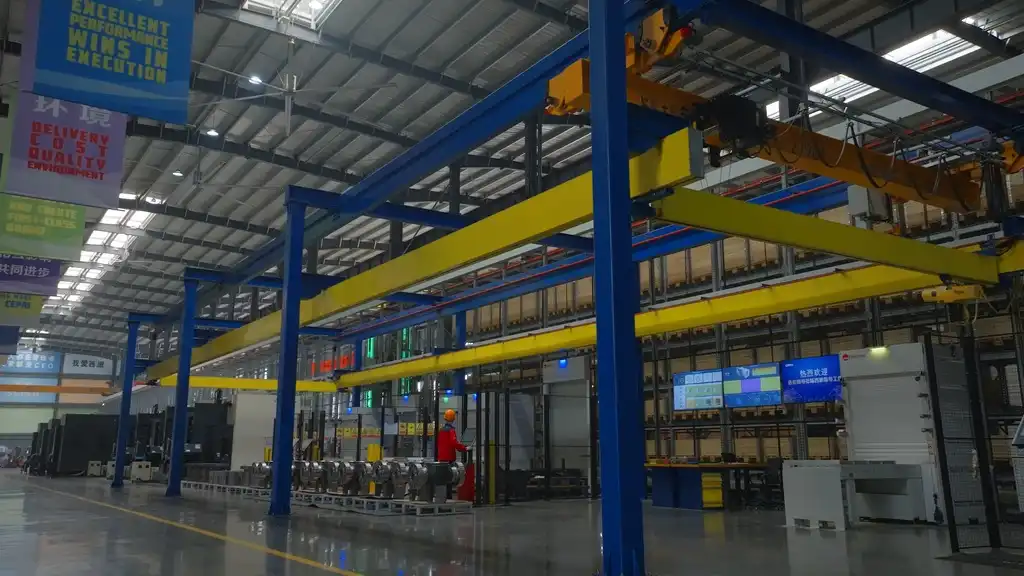
For instance, in the aerospace industry, 3D-printed valves can be designed with internal channels for cooling or weight reduction, improving overall system efficiency. In the medical field, additive manufacturing can be used to create custom valves with intricate internal structures optimized for specific biological fluids or drug delivery applications.
Environmentally Friendly Solutions
As industries worldwide focus on sustainability, custom valve solutions are evolving to meet environmental challenges. This includes developing valves that minimize fugitive emissions, a critical concern in industries handling volatile organic compounds or greenhouse gases. Advanced sealing technologies and innovative stem designs can significantly reduce leakage, helping industries comply with stringent environmental regulations.
Moreover, custom valves are being designed to support the transition to cleaner energy sources. For example, in the hydrogen economy, valves must be engineered to handle the unique properties of hydrogen, including its low density and potential for embrittlement of certain materials. Custom solutions in this area might involve specialized alloys and sealing systems designed specifically for hydrogen service.
Conclusion
Custom valve solutions play a pivotal role in addressing the unique challenges faced by niche industrial sectors. By tailoring designs to specific operational requirements, environmental conditions, and regulatory standards, these bespoke solutions enhance performance, safety, and efficiency across a wide range of applications. As industries continue to evolve and face new challenges, the importance of customized valve technologies will only grow. From integrating smart technologies to leveraging advanced manufacturing techniques, the field of custom valve solutions is at the forefront of industrial innovation, driving progress and enabling new possibilities in countless industrial processes worldwide.
Contact Us
At CEPAI Group, we specialize in developing cutting-edge custom valve solutions tailored to your unique industrial needs. Our expert team combines years of experience with the latest technologies to deliver unparalleled performance and reliability. Experience the difference that truly customized valve solutions can make in your operations. Contact us today at cepai@cepai.com to discuss how we can optimize your industrial processes with our bespoke valve designs.
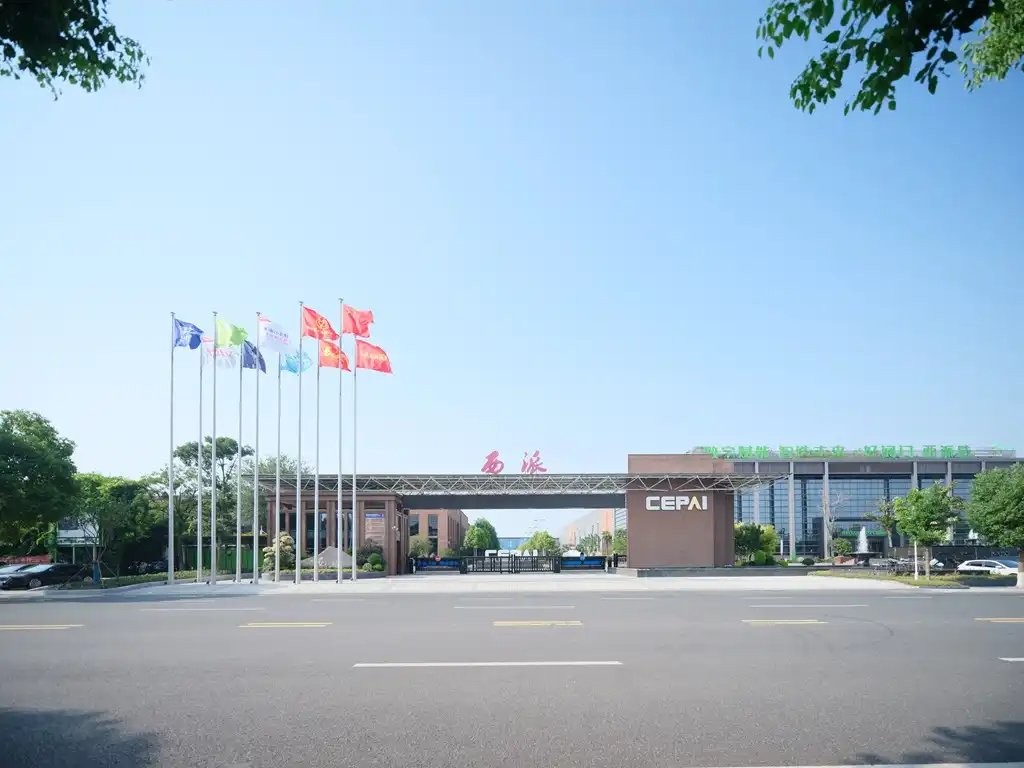
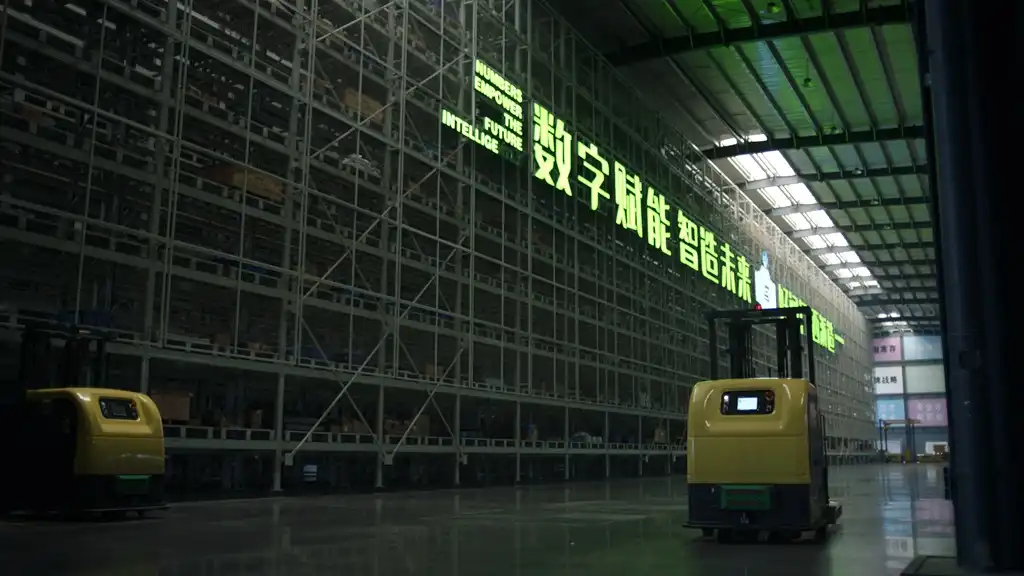
_1746598525968.webp)
